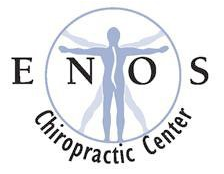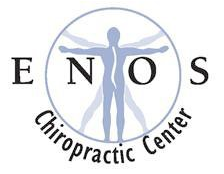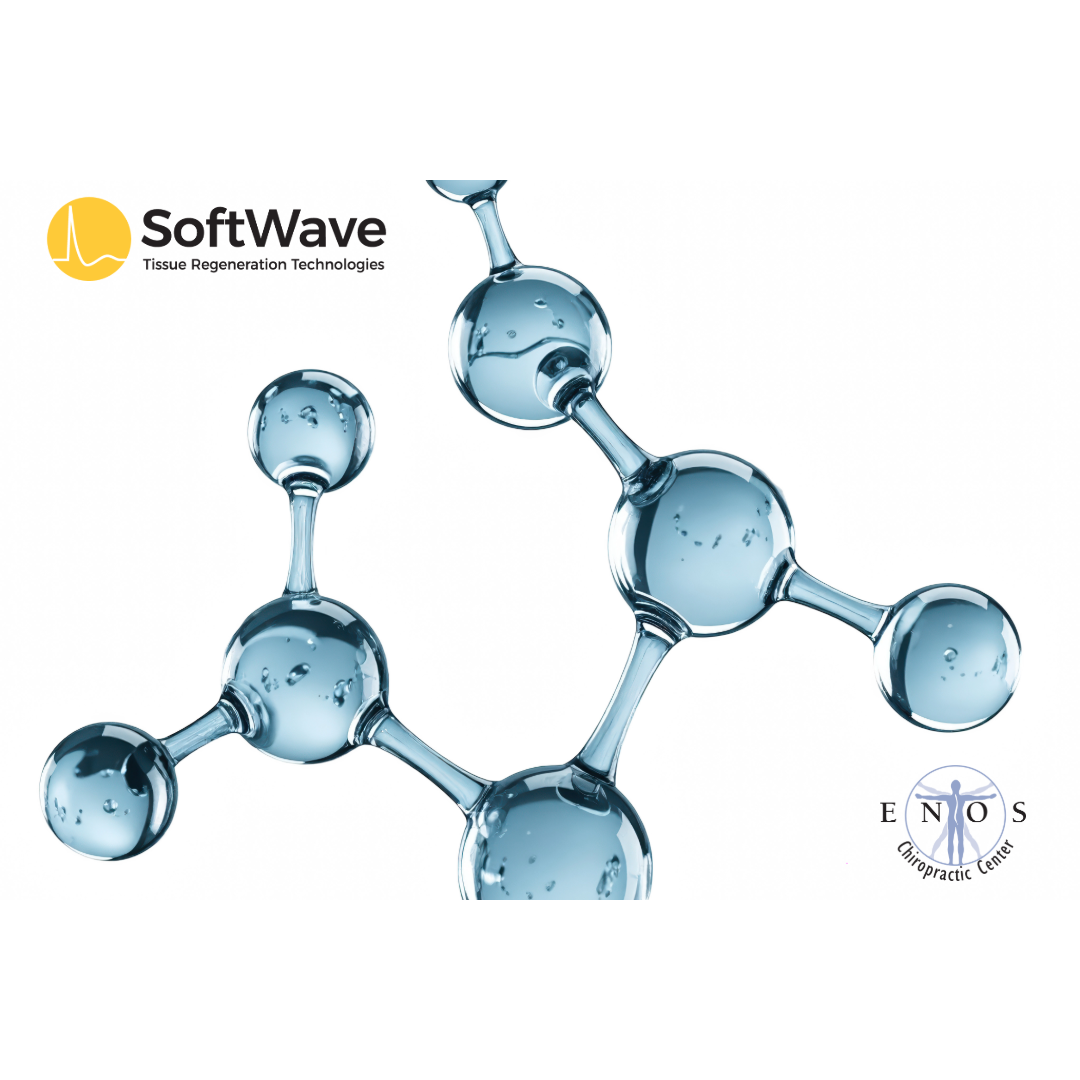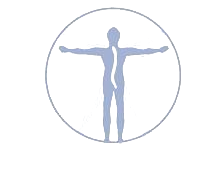Blog
Stress and TMJ: How to Relieve Tension and Find Relief with SoftWave TRT

Stress is something that everyone experiences at some point, but for some people, it can manifest physically in ways they may not expect. One of the common physical effects of stress is temporomandibular joint (TMJ) dysfunction, which affects the jaw joint and surrounding muscles. If left unaddressed, TMJ issues can lead to pain, discomfort, and a reduced quality of life. At Enos Chiropractic Center, we focus on treating TMJ dysfunction by addressing both the physical and emotional stressors that contribute to the condition. Through chiropractic care, stress-relieving techniques, and the use of SoftWave Tissue Regeneration Therapy (TRT), we offer a comprehensive approach to healing.
What is TMJ?
TMJ refers to the temporomandibular joint, which connects your jawbone to your skull. TMJ dysfunction occurs when there is an issue with the joint or the surrounding muscles, leading to pain and difficulty moving the jaw. Symptoms of TMJ dysfunction include:
- Jaw pain or tenderness
- Clicking or popping sounds when chewing or speaking
- Difficulty chewing or opening the mouth wide
- Tension headaches
- Neck and shoulder pain
- Ear pain or ringing in the ears
While TMJ issues can stem from a variety of causes, stress is one of the most common triggers. Stress causes muscle tension, and for many people, this tension manifests in the jaw, leading to grinding, clenching, and other issues that strain the TMJ.
The Link Between Stress and TMJ
Stress activates the body's "fight or flight" response, which increases muscle tension. When stressed, people often clench their jaw or grind their teeth, a condition known as bruxism. Over time, this constant clenching and grinding can wear down the temporomandibular joint, leading to dysfunction and pain. Additionally, stress can contribute to poor posture, which further aggravates TMJ issues by placing more strain on the neck and jaw muscles.
The good news is that stress-related TMJ issues can be managed with the right tools and strategies.
Stress-Relieving Techniques for TMJ
There are several effective techniques that can help reduce stress and relieve TMJ symptoms:
- Mindfulness and Meditation: Mindfulness techniques, such as deep breathing, progressive muscle relaxation, and guided meditation, can help calm the nervous system and reduce overall stress. Taking time each day to practice these techniques can significantly alleviate jaw tension and improve your mental well-being.
- Jaw Exercises: Gentle jaw exercises can help improve the movement of the temporomandibular joint, reduce stiffness, and relieve muscle tension. Simple exercises like opening and closing your mouth slowly, or gently massaging the jaw muscles, can make a noticeable difference.
- Heat and Cold Therapy: Applying a warm compress or ice pack to the jaw area can reduce inflammation and promote relaxation in the muscles. Alternating between heat and cold can offer pain relief and improve blood circulation.
- Posture Awareness: Stress often leads to poor posture, especially in the neck and shoulders. Focusing on maintaining good posture can reduce tension on the muscles surrounding the jaw. Make sure to take frequent breaks throughout the day to stretch and realign your posture.
- Regular Exercise: Physical activity is one of the best ways to reduce stress. Regular exercise helps release endorphins, your body’s natural mood boosters, which can help counteract the negative effects of stress and reduce muscle tension.
SoftWave TRT for TMJ Relief
In addition to stress-relieving techniques, SoftWave Tissue Regeneration Therapy (TRT) is an effective treatment for TMJ dysfunction. At Enos Chiropractic Center, we use this cutting-edge therapy to accelerate healing, reduce pain, and restore function to the temporomandibular joint.
Here’s how SoftWave TRT can help with TMJ:
- Pain Relief and Inflammation Reduction: SoftWave TRT uses sound waves to target damaged tissues and stimulate the body’s natural healing process. This therapy promotes the release of growth factors and increases blood flow to the affected area, reducing pain and inflammation associated with TMJ dysfunction.
- Promotes Tissue Healing: SoftWave TRT enhances collagen production, which is crucial for the repair of damaged tissues in the jaw and surrounding muscles. This accelerates recovery, helping to alleviate long-term discomfort caused by stress-related TMJ issues.
- Non-invasive and Drug-Free: One of the biggest benefits of SoftWave TRT is that it is non-invasive and drug-free. This makes it a great option for individuals seeking a natural solution to TMJ pain without the need for medications or surgery.
- Complementary to Chiropractic Care: When combined with chiropractic adjustments, SoftWave TRT can provide a holistic approach to TMJ relief. Chiropractic care helps realign the spine and jaw, while SoftWave TRT addresses soft tissue damage, ensuring a more comprehensive recovery.
Take Control of Your TMJ and Stress
TMJ dysfunction and the stress that contributes to it don’t have to rule your life. By incorporating stress-relieving techniques and utilizing innovative therapies like SoftWave TRT, you can effectively manage symptoms and improve your overall well-being.
At Enos Chiropractic Center, we are committed to providing personalized care that addresses both the physical and emotional aspects of TMJ dysfunction. Whether you’re dealing with jaw pain, tension headaches, or the stress that triggers it all, our team is here to help you find relief.
‹ Back









 12 Calef Street
12 Calef Street

Comments